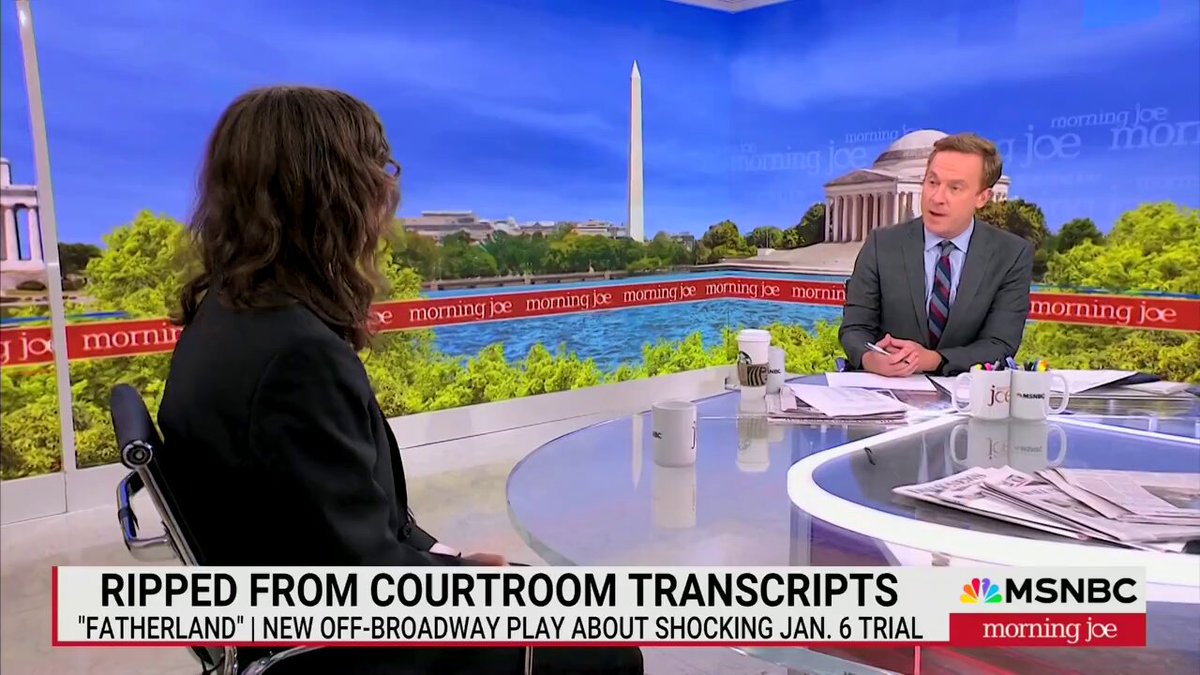Natalie Winters
@nataliegwinters
·
443d
The statement draws a parallel between historical Soviet practices and a contemporary media outlet's actions, suggesting that MSNBC is encouraging children to report on their parents in a manner similar to Soviet tactics. The tone is accusatory and critical, implying a negative comparison between the two situations.
- The statement could be seen as harmful because it makes a strong and potentially inflammatory comparison between a media outlet and a repressive regime, which could incite anger or fear. [-2]Principle 1:I will strive to do no harm with my words and actions.
- The statement does not respect the privacy and dignity of others, as it broadly accuses a media outlet of engaging in harmful practices without specific evidence, which could be seen as a form of harassment or hate speech. [-2]Principle 2:I will respect the privacy and dignity of others and will not engage in cyberbullying, harassment, or hate speech.
- The statement does not promote understanding, empathy, or compassion. Instead, it uses a historical analogy to criticize and potentially vilify a contemporary media outlet. [-2]Principle 3:I will use my words and actions to promote understanding, empathy, and compassion.
- The statement does not engage in constructive criticism or dialogue. It makes a sweeping and negative comparison without offering a platform for discussion or understanding. [-2]Principle 4:I will engage in constructive criticism and dialogue with those in disagreement and will not engage in personal attacks or ad hominem arguments.
- The statement exercises free speech but does so in a way that could be considered irresponsible, as it makes a serious accusation without providing substantive evidence or context. [-1]Principle 7:I will uphold the principles of free speech and use my platform responsibly and with integrity.
